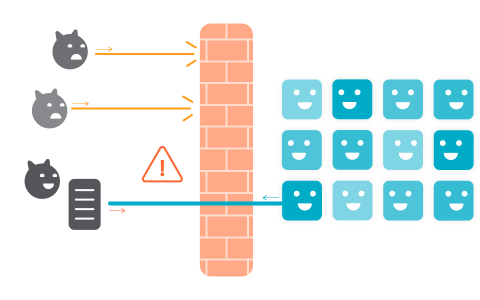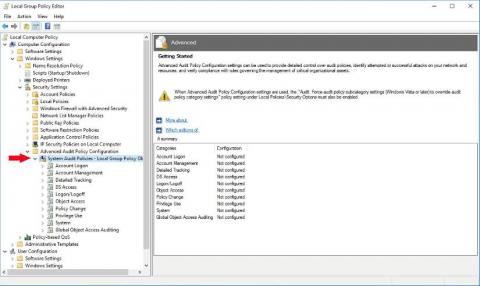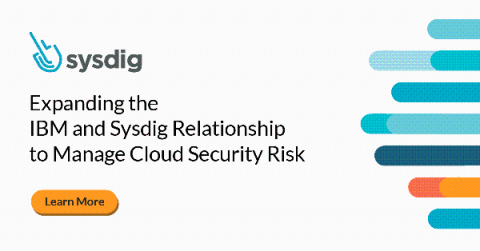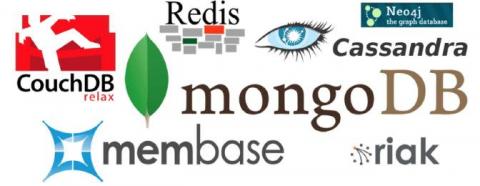3 Regulatory Compliance Trends That Are Accelerating in 2020
A growing attack surface and the exponential rise of data has opened the floodgates for breaches, leading to increased scrutiny by regulatory agencies. It’s not surprising that in recent years, regulators have had to double down with compliance mandates that are more stringent and punitive than ever before.










